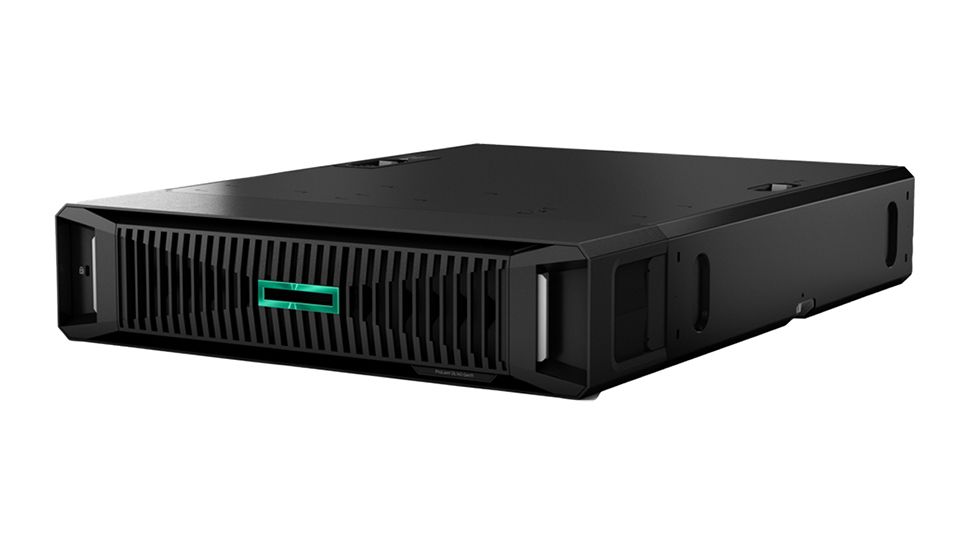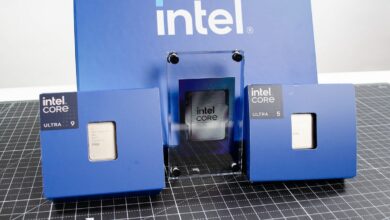HPE’s small, new 64-core AMD EYPC server can support three GPUs and six SSDs – but don’t expect Black Myth: Wukong to run smoothly

Hewlett Packard Enterprise has the HPE ProLiant DL145 Gen11 server aimed at the retail, manufacturing and telecommunications sectors, primarily designed for deployment in environments such as factories, clinics and remote locations, where high-performance computing and real-time data processing are important.
HPE says the 2U form factor edge computing server runs quieter than servers typically found in data centers, making it suitable for environments where noise control is essential. It is powered by low-wattage 4th generation AMD EPYC 8004 (Siena) Zen4c processors, with 8 to 64 cores, and supports up to 768 GB of DDR5 memory.
It comes with three PCIe Gen 5 slots that can be used for GPUs or accelerator cards for AI, machine learning, and analytics workloads. Storage options include up to six EDSFF hot-plug drives or two SFF drives, offering capacities up to 92 TB. In addition, the server has four USB 3.2 ports, one display port and various network interfaces that can support speeds of up to 25 GB/s.
Fits the edge perfectly
HPE says the ProLiant DL145 Gen11 can operate in harsh environments, tolerate temperatures up to 55°C and features redundant power supplies to improve reliability. The server complies with TAA standards and meets NEBS L3 certification for telecommunications.
The server integrates with HPE GreenLake for Compute Ops Management for zero-touch deployment and remote management. The company says this simplifies server configuration for non-technical staff, while still allowing IT teams to maintain centralized control over distributed environments.
“The HPE ProLiant DL145 is perfect for the edge: rugged and compact in size, with quiet acoustics and energy efficiency that puts a lot of processing power into small spaces, all with the ability to ensure high performance today and in the future as the customer needs are evolving,” said Krista Satterthwaite, SVP & General Manager, HPE Compute.





